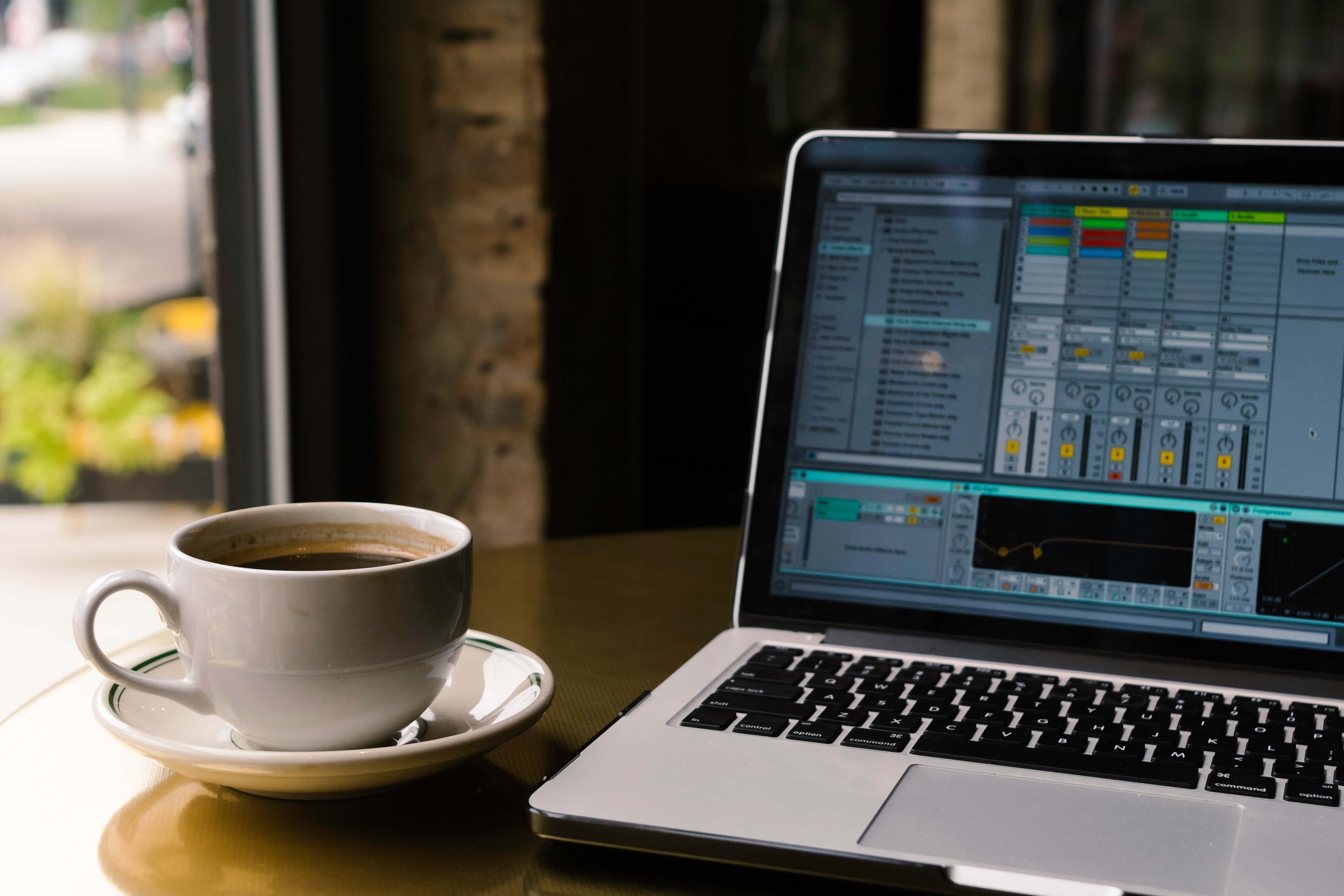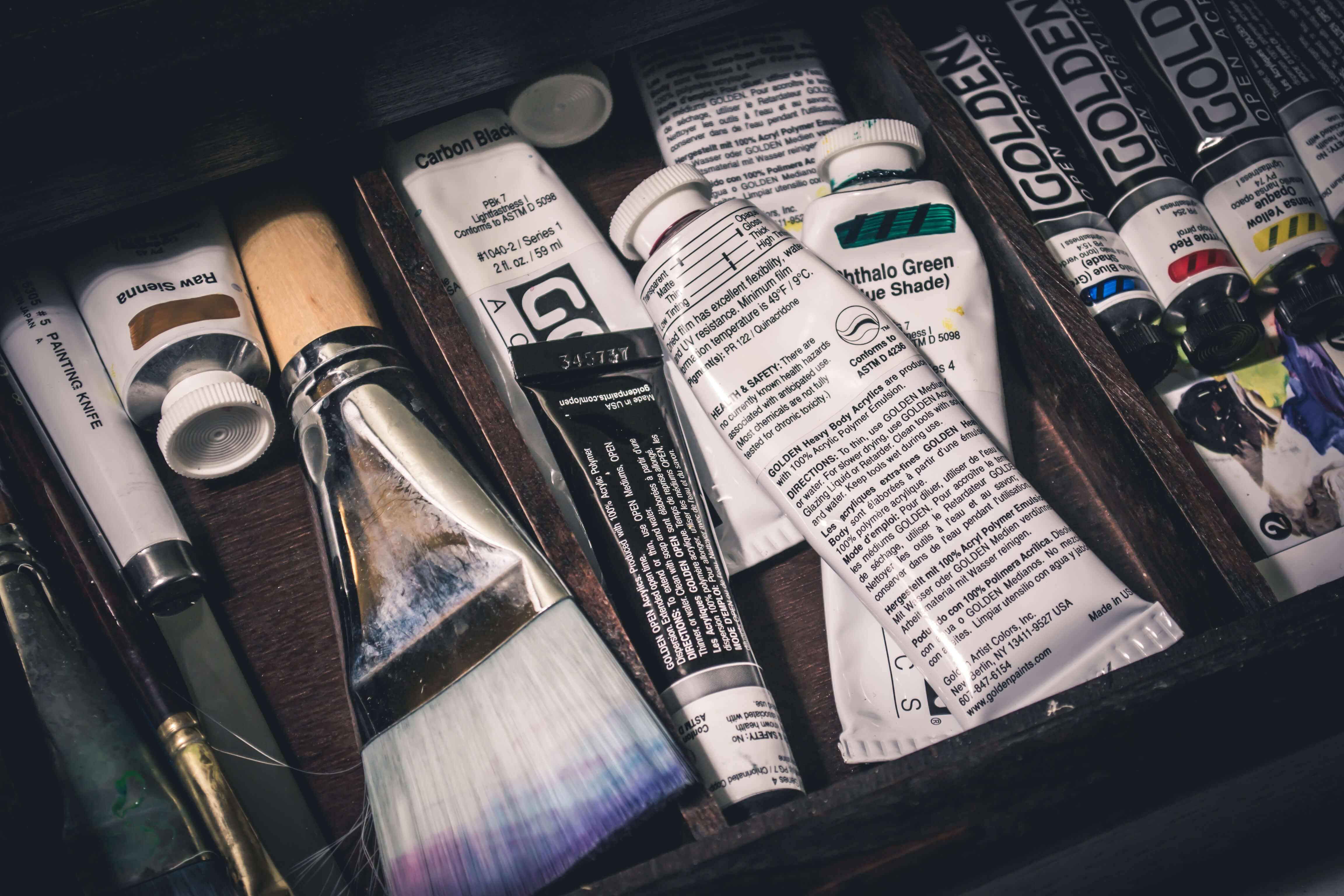August 6, 2024
April 22, 2020
In recent times almost all of us have experienced a massive change in work circumstances. While working from home can have a multitude of benefits it is still fair to say that everyone has probably had trouble adjusting.
In the future we could very well see definite and permanent changes to the way we work as a result of these imposed restrictions. So, it is more important than ever to have a plan for dealing with the day-to-day working schedule, and to maintain good well-being and work / life balance. Here is my guide to help you discover how to create your own daily routine.
Get a good night’s sleep
My #1 piece of advice is adopt and keep regular waking up and bed times. Are you an early bird or a night owl? In my varied career I have had all sorts of jobs, sometimes more than one at a time, and some which demanded anti-social hours. But for as long as I can remember I have tried to be stick to a regular sleeping pattern. At the moment, for example, I switch off the light at 00:15 and wake up at 7:10. I even have routine within this, having a herbal tea, and reading a book for a few minutes. I’ve got myself so well trained, in fact, that the only problem I have is keeping my eyes open to read to the end of the page.
Be scientific
So – how can you work out how much sleep you need? Nowadays there are apps to analyse your sleep patterns. However, a few years ago I kept a note of how much I was sleeping and waking up naturally, starting on a Friday. Of course, set your alarm to make sure you don’t sleep in for work or school, but you will very quickly get an idea of how much sleep you need. After 7 days work out the average.
I still use an alarm, but find myself waking up really easily, and by about Wednesday in the working week I often wake up naturally, just a minute or two before the alarm sounds.
One problem I can have is if I adjust this sleep routine it seems to freak my body out a bit. For example, if I go to bed a bit late, or oddly a little early, I will wake up in the middle of the night and may not be able to get back to sleep. But I have a trick for that too… sleep cycles. I sleep in 90 minute cycles. I actually think I sleep for 2 cycles and then come round a bit before I drift back off again for the next double cycle. Sometimes I might wake up for a while and seem to stay awake for 45 minutes or so, and then I go back to sleep for the last 2 complete sleep cycles. Due to these techniques I always sleep well.

Working timetable
Whatever job you do you need to maintain that work / life balance. It’s good for the soul to put in a good day’s work, but you also have to stop at a reasonable time. Many studies have found people actually work more when they work from home, and it’s mostly self-inflicted pressure, leading to stress. Once again – have a routine to your work time and break time. Write it down and put it on the wall. Use an agenda. I still like my old paper agenda, just to give me a break from the tech.
Plan
At the start of the day, or even the week decide what you want to achieve. Have a weekly and daily ‘to do’ list. Be realistic and good to yourself. There are things you know that need to be done, but not until the end of the week, so do not think about them until you get to that day. They are on the list. Sorted. This alleviates the sensation of excessive workload.
If you achieve all the goals for a day and after giving yourself a pat on the back, look at your to do list for the week. What might you want to do? Move on when you can. But on the other hand, if something doesn’t get done, just move it on to the next day. If things start to get backed up, reassess your planning. You will get better with practice. If you are good to yourself you will not overload yourself with tasks.

Make a space for yourself
Plan where you are going to work. Set up a desk if you can. Make sure you are comfortable. Remove distractions. When you finish work – close the door to that room, or pack away your work things. You need to mentally and physically finish to feel fresh the next day.
Prioritize
Decide what you do at each time of the day. You can’t be effective if you are only putting out fires all day. Prioritize emails, and set time to answer them during a couple of periods a day, even if you do keep your eye on them as they come in. For example, if you are a teacher, give yourself an hour a day for marking. You do not have to finish it all. If you do your own accounts, do it for a short time each day instead of having to cancel everything at the end of the month to do them all in one go. Look for new business, whether on the phone or by bolstering your Instagram account, during a planned period and not only when you have nothing else to do or you´re supposed to be relaxing.
Program breaks
If you were at work, college etc you would have times for a tea break and lunch programmed into your day, probably at the same time every day. Do this when you are working at home, or find yourself on lockdown. Eat and take breaks at the same time. And when you do, don’t sit in the same place where you have been working. Remove yourself from your working environment. Make sure you plan breaks just like you plan activities. Add them to your physical timetable.

Have a finishing time
Think about how much you would normally work in your office. Because you are saving the travelling time it doesn’t mean you should work extra time. Stop and enjoy your free time.
Get active to chill out
Find something you enjoy doing. For me it’s practicing my guitar, but you might do some sport, meditation, practicing Mindfulness, painting a picture, doing a jigsaw. It is amazing how any similar sort of activity will refresh and revitalize you. It doesn’t matter when you do it, but keep at it.
Although you might just want to crash in front of the TV and reach for a glass to wine, try not to. Drinking makes you depressed. Physical and mental stimulation makes your brain produce all those feel-good chemicals.
I’m going to say it again – routine makes us operate better. If you really want to break from it, that’s OK – but let it feel like a pleasant change instead of another uncertain, unplanned day. I hope that this advice goes some way to helping you to discover how to create your own positive daily routine. Good luck.
.png?width=344&height=67&name=logo_caser%20(2).png)








Let Us Know What You Thought about this Post.
Put your Comment Below.